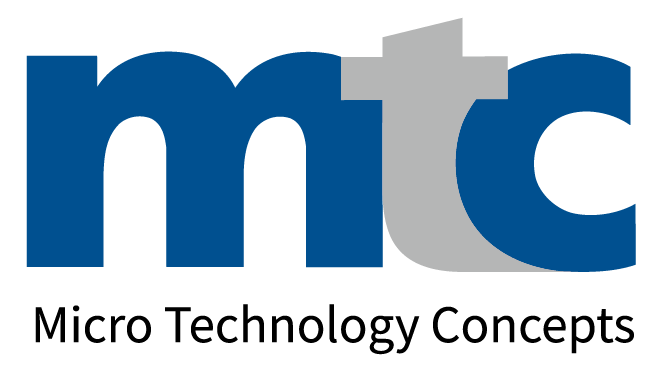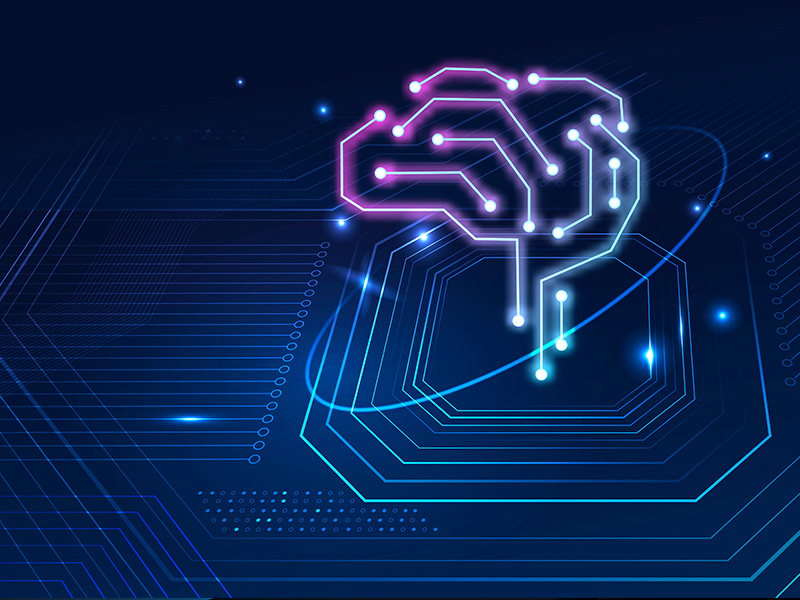AI plays a pivotal role in the digital transformation of the healthcare industry by enabling more efficient, accurate, and personalized care. Here are some key ways AI is driving this transformation:
1. Enhanced Diagnostics and Imaging
- Role: AI algorithms, particularly those using deep learning, can analyze medical images such as X-rays, MRIs, and CT scans with high accuracy. They can detect abnormalities, such as tumors or fractures, often faster and with greater precision than human radiologists.
- Impact: This leads to earlier detection of diseases like cancer, improving patient outcomes and enabling more timely and targeted treatments.
2. Personalized Medicine
- Role: AI helps in analyzing genetic data, electronic health records (EHRs), and other patient-specific information to develop tailored treatment plans. Machine learning models predict how different patients will respond to certain treatments based on their genetic makeup and medical history.
- Impact: This individualized approach improves treatment effectiveness, reduces adverse reactions, and enhances overall patient care.
3. Predictive Analytics
- Role: AI-driven predictive analytics are used to anticipate patient needs, such as predicting which patients are at risk of developing chronic conditions or which might need readmission after a hospital stay. These predictions are based on historical data and real-time monitoring.
- Impact: By identifying risks early, healthcare providers can intervene proactively, preventing complications and reducing hospital readmission rates.
4. Operational Efficiency
- Role: AI optimizes healthcare operations by managing patient flow, scheduling, and resource allocation. For instance, AI systems can predict peak times in hospitals, ensuring adequate staffing and reducing patient wait times.
- Impact: This improves the overall efficiency of healthcare delivery, reduces costs, and enhances patient satisfaction.
5. Telemedicine and Virtual Health Assistants
- Role: AI powers virtual health assistants and chatbots that provide patients with immediate medical information, help manage chronic conditions, and offer mental health support. AI also enables remote monitoring of patients, allowing healthcare providers to track vital signs and health conditions in real-time.
- Impact: This makes healthcare more accessible, particularly for patients in remote or underserved areas, and enhances the continuity of care outside traditional clinical settings.
6. Drug Discovery and Development
- Role: AI accelerates the drug discovery process by analyzing large datasets to identify potential drug candidates, predict their success rates, and optimize clinical trials. Machine learning models can simulate how drugs will interact with the body, reducing the need for extensive lab testing.
- Impact: This speeds up the development of new therapies, reduces costs, and brings effective treatments to market faster.
7. Improved Patient Experience
- Role: AI enhances patient experience by personalizing interactions, providing timely information, and ensuring that care is aligned with patients’ preferences and needs. AI-driven systems can streamline administrative tasks, such as appointment scheduling and billing, making healthcare interactions smoother.
- Impact: This leads to higher patient satisfaction and engagement, fostering better patient-provider relationships and adherence to treatment plans.
In summary, AI is integral to the digital transformation of healthcare by improving diagnostic accuracy, personalizing care, optimizing operations, and enhancing the overall patient experience. These advancements are not only transforming how healthcare is delivered but also driving better health outcomes and efficiencies across the industry.

